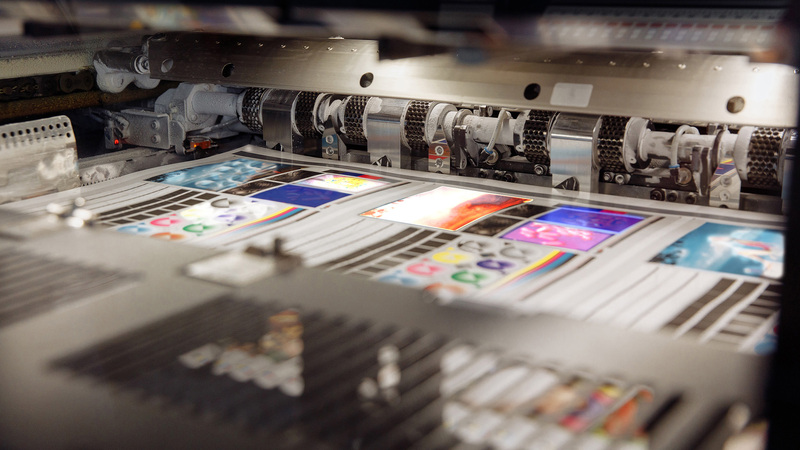You are viewing your 1 free article this month. Login to read more articles.
Book orders down 43% after Covid and Brexit, IPG forum hears
UK book orders from the EU are down by around 43% since coronavirus and Brexit, freight forwarding firm Unsworth has told the IPG International Publishing Forum.
The company's commercial director Charles Hogg was speaking during a discussion of Brexit where publishers shared concerns about everything from “randomly applied” customs charges to shortages of paper.
Asked about rumours that publishers had stopped sending print books to the EU because of all the paperwork, Hogg said, based on industry knowledge and what customers were saying, UK book orders from across the border were down by around 43% on pre-coronavirus and Brexit levels.
He said: “It's partly because you've got this customs cost of probably £250, plus haulage is costing 20% more, putting people off if they don't have to buy. So it really is, without being too political, quite concerning, especially for the small and medium sized businesses who are perhaps losing customers across the border.”
Hogg said the discrepancy with official claims that trade is largely unaffected came down to the government counting lorries crossing the border rather than taking into account whether anything was inside the vehicles when they left the UK.
Paul Gibbon, executive director at United Independent Distributors, agreed, saying: “We will be looking at the number of lines we're sending out into Europe. Certainly, speaking to some of the clients that is their feeling and they are worried and they are seeing fewer orders coming in. Without actually seeing all the figures, and being able to compare them with previous years, it's going to be very difficult to tell.”
Gibbon said experiences earlier in the year, where the supply chain was affected by Brexit changes, had since changed somewhat, echoing recent comments by Gardners that delays are now down to “days rather than weeks”.
However, he observed: “Some of the orders are being subjected to extra charges on delivery yet we don't necessarily understand why and it doesn't appear to be consistent.”
The session heard from publishers who raised numerous issues thrown up by Brexit. They included returns from European customers, some of whom were considering ordering more frugally to avoid the charges they incurred.
One academic publisher based in the Netherlands but with UK warehouse and printing facilities was having to warn customers they could be hit with a customs charge of up to ‚Ǩ25. Another said telling European pro forma customers how much they would have to pay in customs charges was “impossible” and it had to issue disclaimers.
However, although there was agreement that print suppliers were having difficulty sourcing paper and cardboard, it was agreed this was a Covid-19 problem rather than a Brexit one. Gibbon observed there were delays in getting cardboard for packaging with 7% to 10% increases in costs since February. Meanwhile, printers were having to buy and stock more rolls of paper.
Hogg said: “It's the great toilet roll conundrum. There's enough to go around if we all bought the right amount. I think the e-commerce boom due to lockdown has certainly caused the issue.”


















